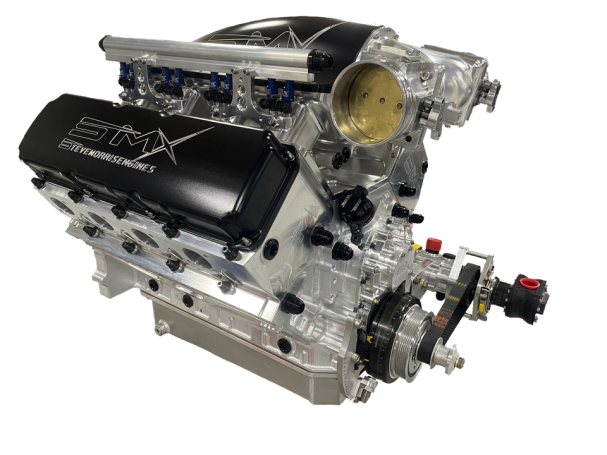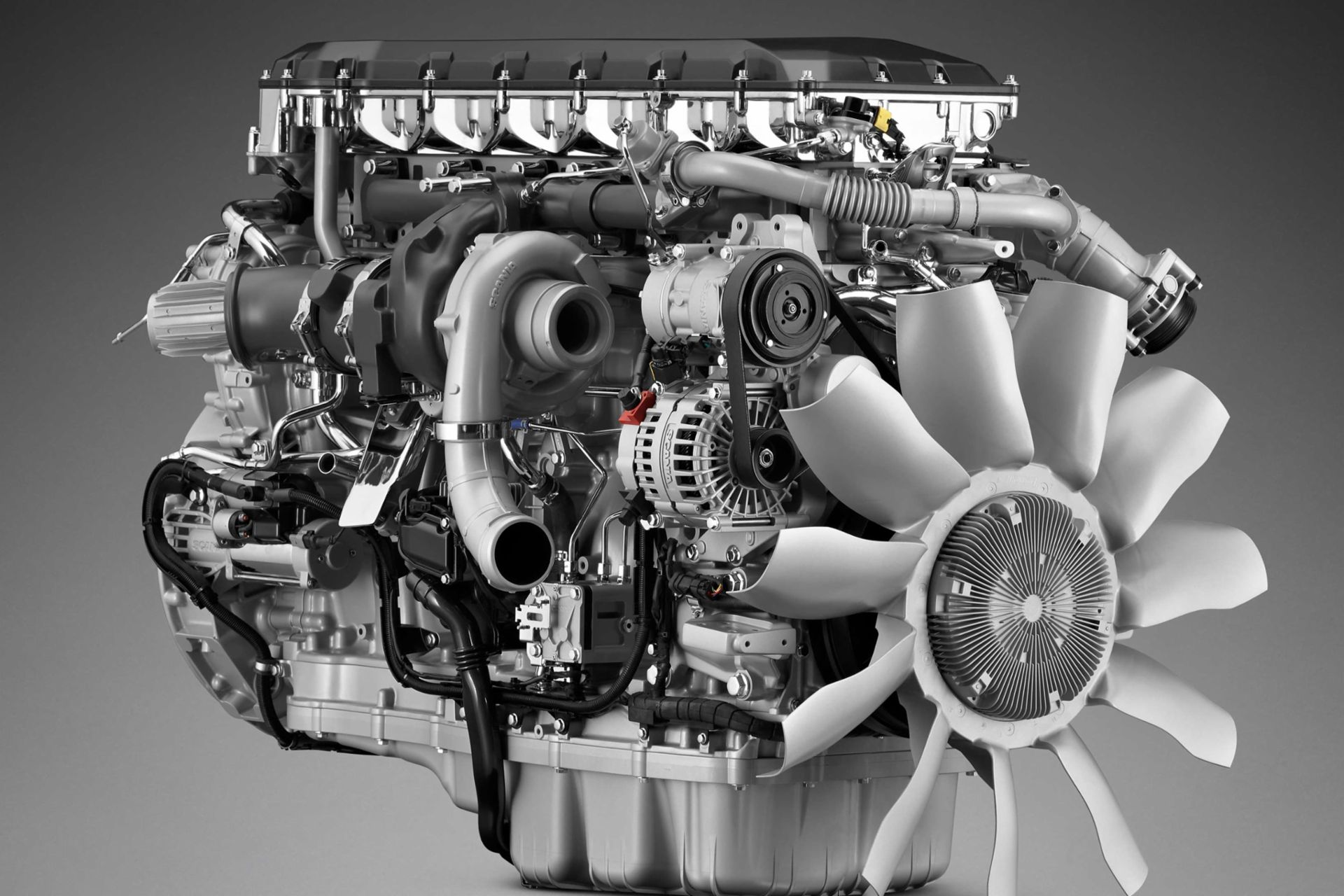The Influence of Ingenious Engine Technologies on Energy Efficiency and Environmental Sustainability
In the realm of transportation and industrial machinery, the constant mission for boosted energy efficiency and reduced ecological influence has led to substantial innovations in engine technologies. From the steady shift towards hybrid and electric systems to the integration of turbocharging for enhanced efficiency, the landscape of engines is developing rapidly.
Advancement of Engine Technologies
The progression of engine technologies over the years has actually been marked by continual advancement and refinement in search of improved efficiency and effectiveness. From the early days of inner combustion engines to the sophisticated hybrid and electrical powertrains of today, the advancement of engine technologies has actually been driven by a relentless pursuit for enhanced gas effectiveness and lowered emissions.
One substantial turning point in this development was the growth of turbocharging and direct injection systems, which substantially boosted engine power result while enhancing fuel performance. These innovations allowed for smaller, extra lightweight engines that might deliver the performance of larger ones without endangering on efficiency.
Moreover, advancements in materials scientific research have actually caused the prevalent fostering of lightweight materials such as light weight aluminum and carbon fiber in engine construction. This has not only minimized overall car weight however has actually likewise boosted engine efficiency by lessening power losses connected with inertia and friction.
Benefits of Electric and Hybrid Equipments
With the expanding concentrate on sustainability and power efficiency, what advantages do hybrid and electric systems use in the world of engine modern technologies? Electric and hybrid systems existing numerous benefits that add to a much more energy-efficient and lasting future. One of the primary advantages is the significant reduction in greenhouse gas emissions contrasted to typical inner burning engines. Electric vehicles produce zero tailpipe discharges, resulting in improved air top quality and reduced ecological influence. In addition, electrical and hybrid systems are much more energy-efficient, converting a higher percent of stored power right into propulsion compared to conventional engines. This effectiveness leads to lower power usage and operating costs over the car's lifetime. Additionally, electric lorries offer regenerative stopping systems that store and record energy typically lost during stopping, additionally improving energy effectiveness. Crossbreed systems integrate the benefits of electrical propulsion with the versatility of a combustion engine, giving prolonged decreasing and driving varieties array anxiousness for customers transitioning to electrical lorries. Generally, electric and hybrid systems play a crucial function in advancing energy effectiveness and environmental sustainability in the transport sector.
Turbocharging for Improved Performance
Turbocharging jobs by utilizing a turbine to compel even more air into the burning chamber, allowing for better gas combustion and increased power outcome without a considerable increase in engine dimension. By taking full advantage of the efficiency of the burning procedure, turbocharged engines can achieve improved gas economic climate and reduced emissions, adding to environmental sustainability. The extensive fostering of turbocharged engines in both gasoline and diesel automobiles demonstrates their efficiency in stabilizing performance, efficiency, and environmental influence.
Using Alternate Fuels
Taking advantage of different fuels offers an appealing avenue for see this site lowering carbon emissions and branching out the power sources made use of in transportation. As the world aims to combat environment adjustment and decrease reliance on fossil gas, different fuels have actually obtained substantial interest for their potential environmental and economic advantages.
Biofuels, such as ethanol and biodiesel, are acquired from eco-friendly sources like corn, sugarcane, and algae, providing a cleaner burning option to traditional fuel and diesel. These fuels can be mixed with existing petroleum fuels or utilized in committed engines, providing a pathway to lower greenhouse gas emissions and improve air top quality.
Moreover, hydrogen gas cells have actually become an encouraging technology for zero-emission transportation. engines for africa. By converting hydrogen gas into electrical power to power electric motors, gas cell lorries generate just water vapor as a result, eliminating damaging tailpipe discharges entirely
In addition to reducing carbon exhausts, different gas can likewise boost power protection by expanding the gas mix and reducing dependence on imported oil. Accepting alternative fuels in transport is an important action towards achieving a more environmentally friendly and lasting future.

Environmental Benefits and Future Leads
The environmental benefits of alternative fuels and their possibility for long-term sustainability are essential factors to consider in the transition in the direction of cleaner power sources. Different fuels, such as biofuels, hydrogen, and electricity, offer substantial environmental benefits contrasted to conventional fossil gas. These fuels produce reduced levels of greenhouse gas discharges, lowering air pollution and mitigating climate adjustment effects. In addition, alternative fuels can assist branch out energy sources, improving power safety and security and minimizing reliance on finite resources.
Innovations in innovation continue to boost the effectiveness and affordability of different gas cars, making them more obtainable to customers. By accepting ingenious innovations and alternate fuels, the course towards i loved this an extra sustainable future comes to be significantly attainable.

Final Thought
In verdict, cutting-edge engine innovations have actually played a crucial function in enhancing energy effectiveness and promoting environmental sustainability. The development of engine modern technologies, fostering of electrical and hybrid systems, use of turbocharging, and exploration of different gas have all contributed to enhancing and minimizing discharges effectiveness.
In the realm of transportation and industrial equipment, the continual pursuit for boosted energy effectiveness and minimized ecological influence has actually led to considerable innovations in engine modern technologies. Turbocharging jobs by making use of a generator to force more air right into the burning chamber, enabling for better fuel burning and boosted power outcome without a considerable boost in engine size. By making best use over at this website of the performance of the burning process, turbocharged engines can accomplish improved gas economic climate and minimized emissions, contributing to ecological sustainability. Alternative gas, such as biofuels, hydrogen, and electrical energy, offer substantial ecological benefits contrasted to conventional fossil gas. The development of engine technologies, fostering of electric and hybrid systems, usage of turbocharging, and expedition of alternative gas have all contributed to raising and lowering discharges efficiency.